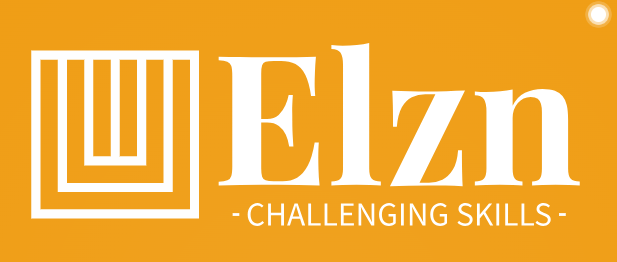Agile project management has transformed how teams plan, execute, and deliver projects efficiently. To succeed with Agile methodologies, professionals need the right tools and skills. Microsoft Project is a powerful software that supports Agile frameworks by offering flexible scheduling, resource management, and collaboration features. Proper training in Microsoft Project equips project managers and teams with the ability to fully leverage its capabilities, making project delivery smoother and more predictable. Understanding how to use Microsoft Project in Agile environment builds a solid foundation for managing iterative progress, adapting to changes, and maintaining clear visibility of project status.
Why Microsoft Project Training Matters for Agile
Microsoft Project is not just a traditional project scheduling tool it integrates Agile principles such as sprint planning, task boards, and incremental delivery. Training ensures users know how to:
- Set up Agile-friendly project plans
- Manage backlogs and sprints effectively
- Track progress using Agile charts and views
- Collaborate efficiently within teams using shared project environments
Without training, teams may underutilize these features or rely on outdated waterfall techniques that reduce Agile’s benefits.

Microsoft Project Training for Agile Management
- Mastering Agile Planning Tools
Microsoft Project Training teaches how to create and adjust sprint schedules, assign user stories, and manage priorities. Microsoft Project allows for flexible task management essential to Agile workflows.
- Enhanced Resource Allocation
Agile projects require dynamic resource adjustments. Training helps managers allocate and reallocate team members efficiently, balancing workloads while ensuring deadlines are met.
- Improved Transparency and Reporting
Microsoft Project’s dashboards and reporting features are critical in Agile to keep stakeholders informed. Training ensures users generate real-time reports that reflect current sprint progress and potential risks.
- Facilitating Collaboration
Agile thrives on teamwork. Training users on collaborative features like shared task lists and communication tools within Microsoft Project promotes transparency and quick decision-making.
How Training Supports Agile Best Practices
- Sprint Planning: Learn to organize work into manageable sprints with clear deliverables.
- Backlog Management: Prioritize tasks and track changes to requirements effortlessly.
- Progress Tracking: Use burn-down and velocity charts to monitor sprint health.
- Risk Management: Identify and address issues early through proactive project adjustments.
- Continuous Improvement: Use project data to refine Agile processes regularly.
Building Agile Success with Microsoft Project Training
Microsoft Project training equips teams to embrace Agile project management confidently. It ensures that professionals:
- Understand Agile principles within the software
- Utilize tools for effective sprint and resource management
- Generate insightful reports for ongoing progress review
- Enhance collaboration and communication among stakeholders
By mastering Microsoft Project through targeted training, organizations lay a strong foundation for Agile success, driving better project outcomes and adaptability to change.
Key Takeaways
Microsoft Project supports Agile methodologies with specialized features.
- Training is essential to unlock full Agile project management potential.
- Agile benefits from better planning, resource management, and reporting.
- Collaboration and transparency improve through effective use of Microsoft Project.
- Continuous learning and adaptation are critical for Agile excellence.
Microsoft Project training is a crucial step toward modern Agile project management, helping teams deliver value faster and with greater confidence.
